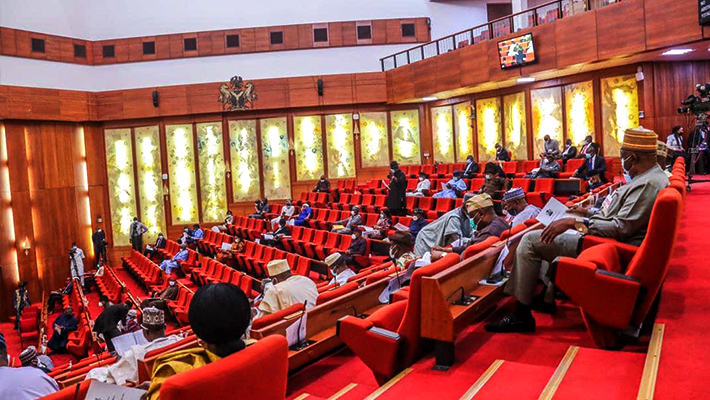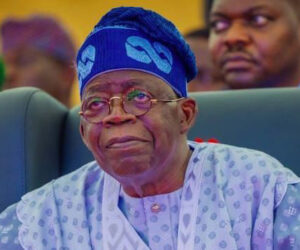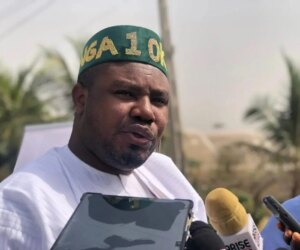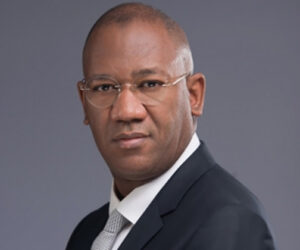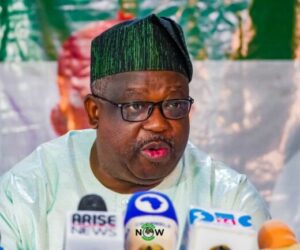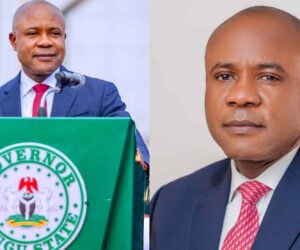The Senate on Tuesday constituted a 12-member Ad-hoc cmCommittee to advise the upper chamber on how to respond to growing international concerns over alleged state-backed persecution of Christians in Nigeria.
The resolution followed a closed-door session where lawmakers deliberated on recent claims by the United States Government suggesting possible acts of genocide targeting Christians in parts of the country.
The move comes amid increasing diplomatic scrutiny and concerns over the potential impact of such allegations on Nigeria’s international image, security cooperation, and interfaith relations.
Members of the committee include Senators Victor Umeh, Yemi Adaramodu, Aniekan Bassey, Niyi Adegbonmire, Abdul Ningi, Titus Zam, Tony Nwoye, Tahir Munguno, and Asuquo Ekpenyong, among others.
The Committee has been tasked with developing a comprehensive position paper to be presented to both the Executive and the Senate, outlining Nigeria’s official legislative stance on the issue and providing evidence-based counterpoints to the genocide allegations.
Read also: Senate counters Christian genocide allegations, set to engage U.S. lawmakers
Declaring the composition of the Committee, the President of the Senate, Godswill Akpabio, said the position paper must be “backed with verifiable facts and statistics” to ensure that Nigeria’s engagement with international partners is informed and credible.
“There are misconceptions that need to be corrected,” Akpabio said. “We are dealing with a complex terrorist threat, and it’s important that our counterparts in the US understand that the violence affects both Christians and Muslims.”
Earlier, the Senate had resolved to engage directly with the United States Congress to address and counter what lawmakers described as “misleading narratives” portraying Nigeria’s internal security challenges as a form of Christian genocide.
The resolution stemmed from a motion sponsored last week by Ali Ndume (Senator, Borno South), which sparked a wider debate on how Nigeria is being portrayed internationally in discussions about religious persecution and insecurity.
During deliberations, senators expressed concern that such reports, though often driven by humanitarian motives, were “grossly misinforming international partners” and “damaging Nigeria’s global reputation and economy.”
Akpabio proposed that a delegation of select lawmakers visit the United States to directly engage with American legislators and clarify the true nature of Nigeria’s security situation.
He suggested that the engagement be conducted through private diplomatic channels, emphasising the need for accuracy and nuance in communicating the realities on the ground.
The Ad-hoc Committee is expected to submit its report within a short timeframe, providing a framework for both legislative and diplomatic engagement on the matter.

